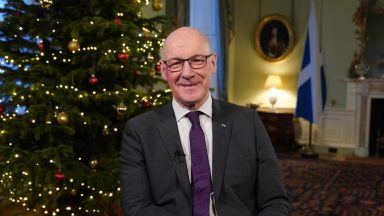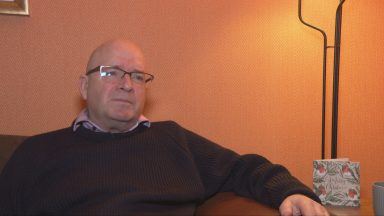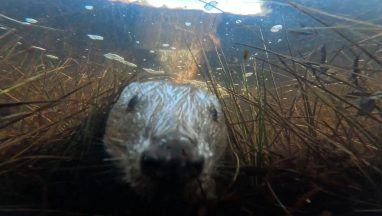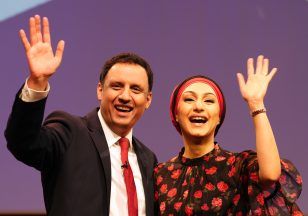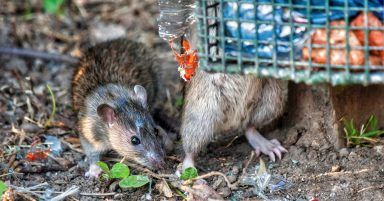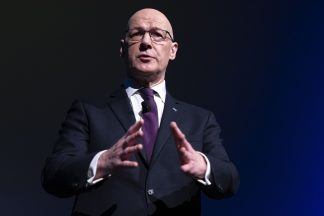Ahead of her first budget as finance secretary, Shona Robison has refused to deny reports that she could announce both cuts to public services and tax rises.
The deputy first minister will, on Tuesday, unveil the Scottish Government’s tax and spending plans for the year ahead.
Robison will lay out the country’s roughly £60bn budget to MSPs in Holyrood.
She must tackle an estimated £1.5bn financial black hole without cutting public services too much or raising taxes too high.
Asked by STV political editor Colin Mackay if she would make cuts, she said she would “prioritise the spend to where it matters most”.
She said the budget would be “balanced” while prioritising services such as health.
“I will set out the position to parliament and it will be one that is balanced and will prioritise public spending and public services,” she said.
Last month, Robison said the public sector workforce would have to shrink due to funding pressures.
On Sunday, she said the “size and shape” of the public sector would need to change.
But she said the Scottish Government would aim to keep its policy of no compulsory redundancies.
She said she had been forced to make “tough choices” on tax and spending as she criticised the funding settlement from Westminster.
Robison didn’t deny that taxes will be raised but didn’t confirm any new rates either.
She said inflation and the UK Government’s Autumn Statement has left devolved governments without the cash they need.
What can we expect from Humza Yousaf’s first budget?
Media reports in the last few weeks suggest measures on Scotland’s ballooning public service sector will be announced while there is talk of a new tax band for higher earners.
The public will also find out how ministers plan on paying for Humza Yousaf’s council tax freeze announced earlier this year.
And £100m previously announced for the NHS will be confirmed too.
Unlike the UK Government, Holyrood has fewer levers to pull when trying to balance its books – which means cuts or tax rises (or a combination of both) are likely.
It will be Humza Yousaf’s first budget since he became FM earlier this year and could very well be his last before the next UK general election.
With that in mind, what can we expect to hear from the Scottish Government?
Tax rises
There are widespread reports that the Scottish Government will create a new tax band for higher earners.
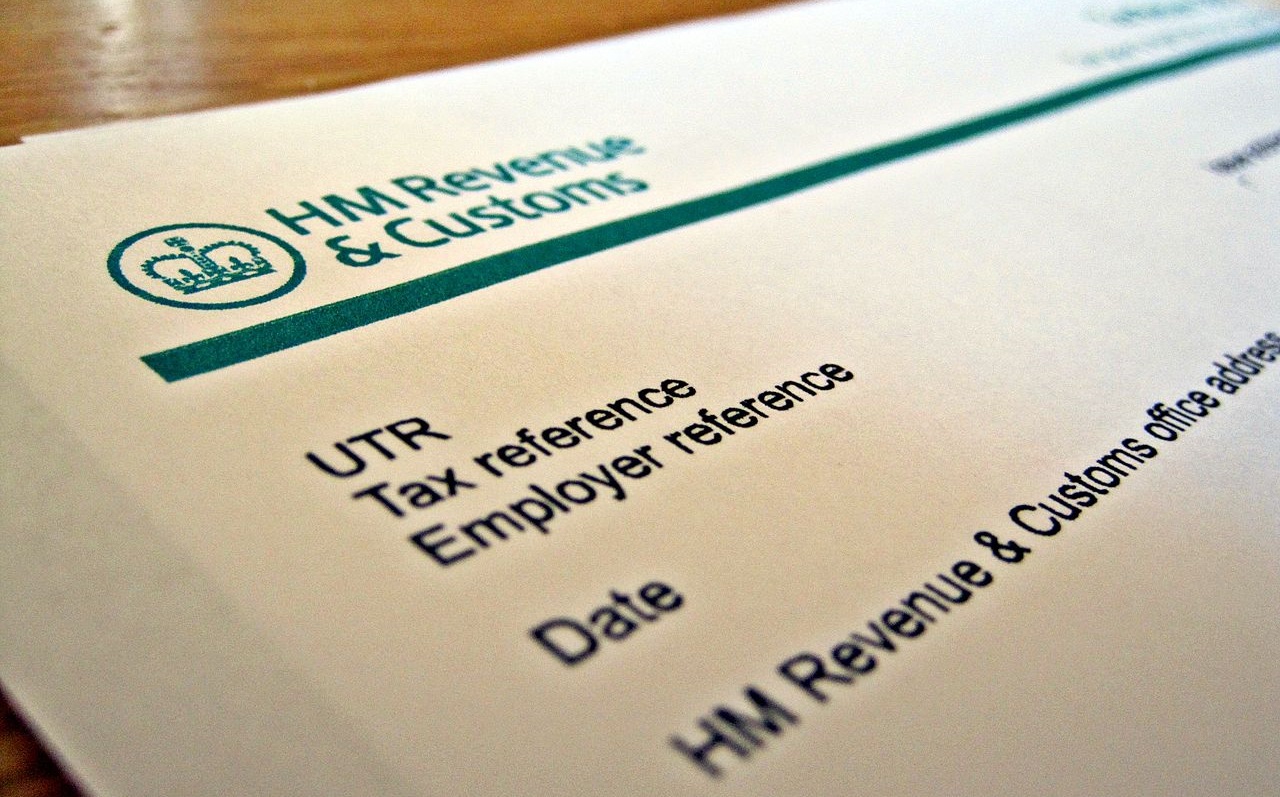 STV News
STV NewsThat could apparently involve a new tax bracket of 45% for those earning between £75,000 and £125,000 a year.
But analysis from the Fraser of Allander Insitute suggests the policy would only raise around £60m – a far cry from the estimated £1.5bn black hole ministers are hoping to plug.
Scotland is already the highest-taxed part of the UK with the Tories saying their analysis shows people earning over £28,000 a year pay more in tax than their fellow workers in England.
It means that by the time a Scot earns £50,000 they pay around £1,500 a year more than those in other parts of Britain.
Council tax freeze
Humza Yousaf previously announced a freeze on council tax in a surprise announcement – both to the public and to COSLA – during the SNP’s conference in October.
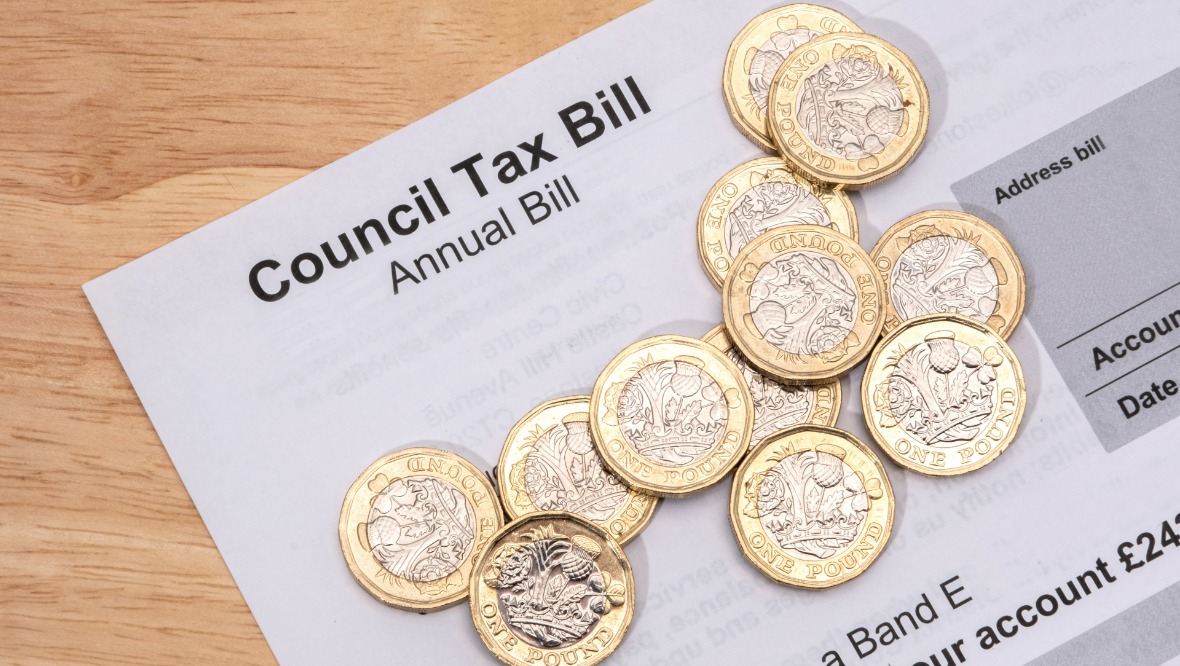 iStock
iStockNow, his finance secretary has to pay for it.
She’s promised it will be “fully funded” by the Scottish Government – meaning local authorities will be reimbursed for funds that could have been raised with an increase to council tax.
But it’s not yet clear what those exact figures will be.
Speaking on Sunday, Robison suggested councils who had planned to raise tax by large amounts (Orkney raised council tax by 10% last time) would not receive a sum of cash to match.
She pointed to examples of a 3% increase but wouldn’t say what the final figure would be.
Her comments though suggest that it’s unlikely that the councils will receive more than the average planned rise by local authorities across Scotland.
Cuts to public service workforce
The deputy first minister said on Sunday that the “shape and size” of Scotland’s public sector will need to change.
 iStock
iStockIt comes as inflation and high public sector pay deals have added hundreds of millions of pounds to the Scottish Government’s budget shortfall.
Around 20% of Scotland’s workforce is in the public sector.
“Part of the problem we have is that our budget, indeed all the devolved administrations’ budgets haven’t been inflation-proofed,” she said.
“So that has essentially reduced the Scottish Government’s spending power by about a billion.”
She said the Scottish Government would “absolutely want to maintain” its policy of no compulsory redundancies.
“We believe we can make the changes to the public sector that have to be made on the basis of doing that in partnership with the unions,” she told the BBC.
But she said there would be “workforce controls”.
Robison hasn’t denied that this could include cuts.
Follow STV News on WhatsApp
Scan the QR code on your mobile device for all the latest news from around the country









